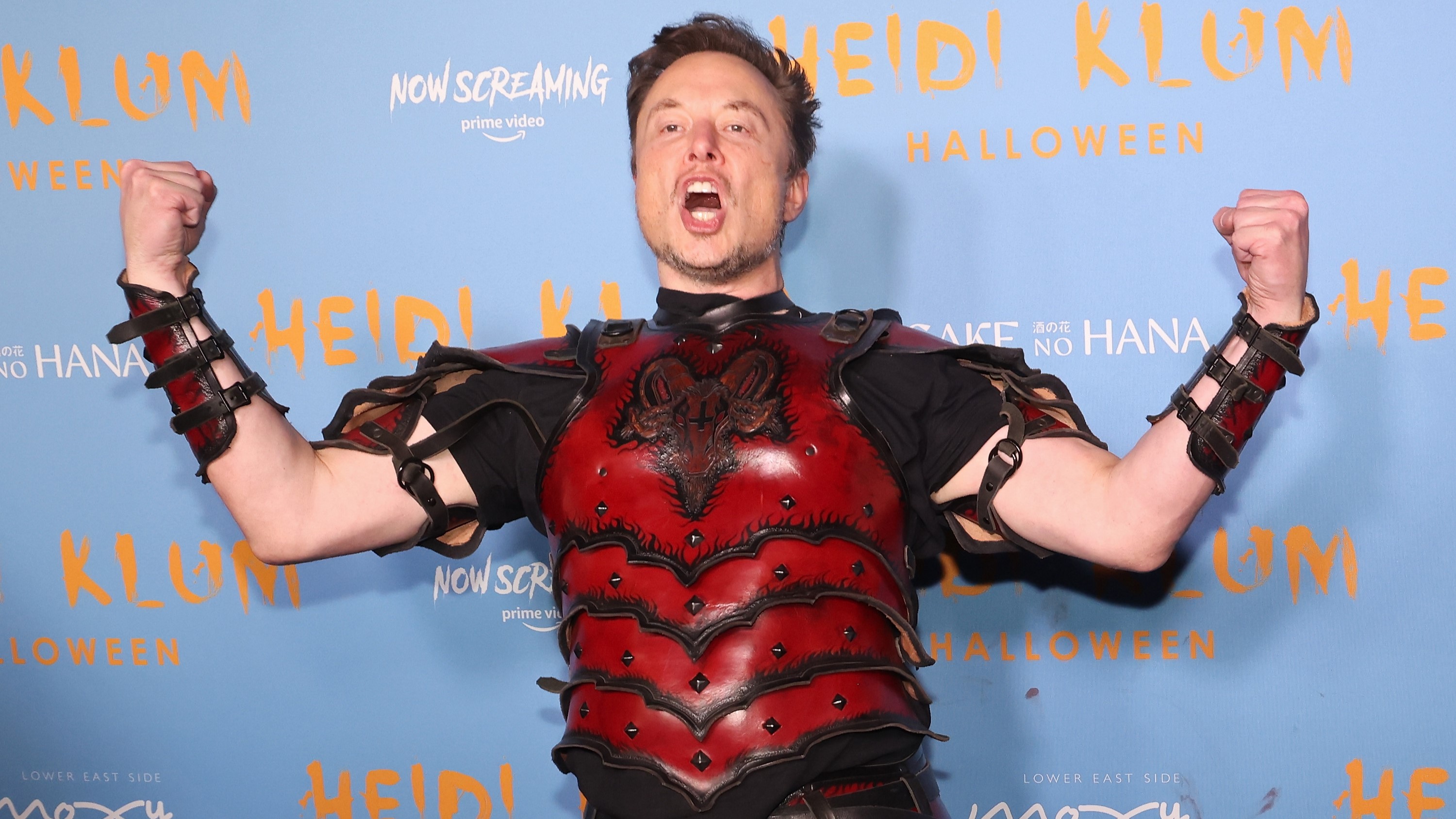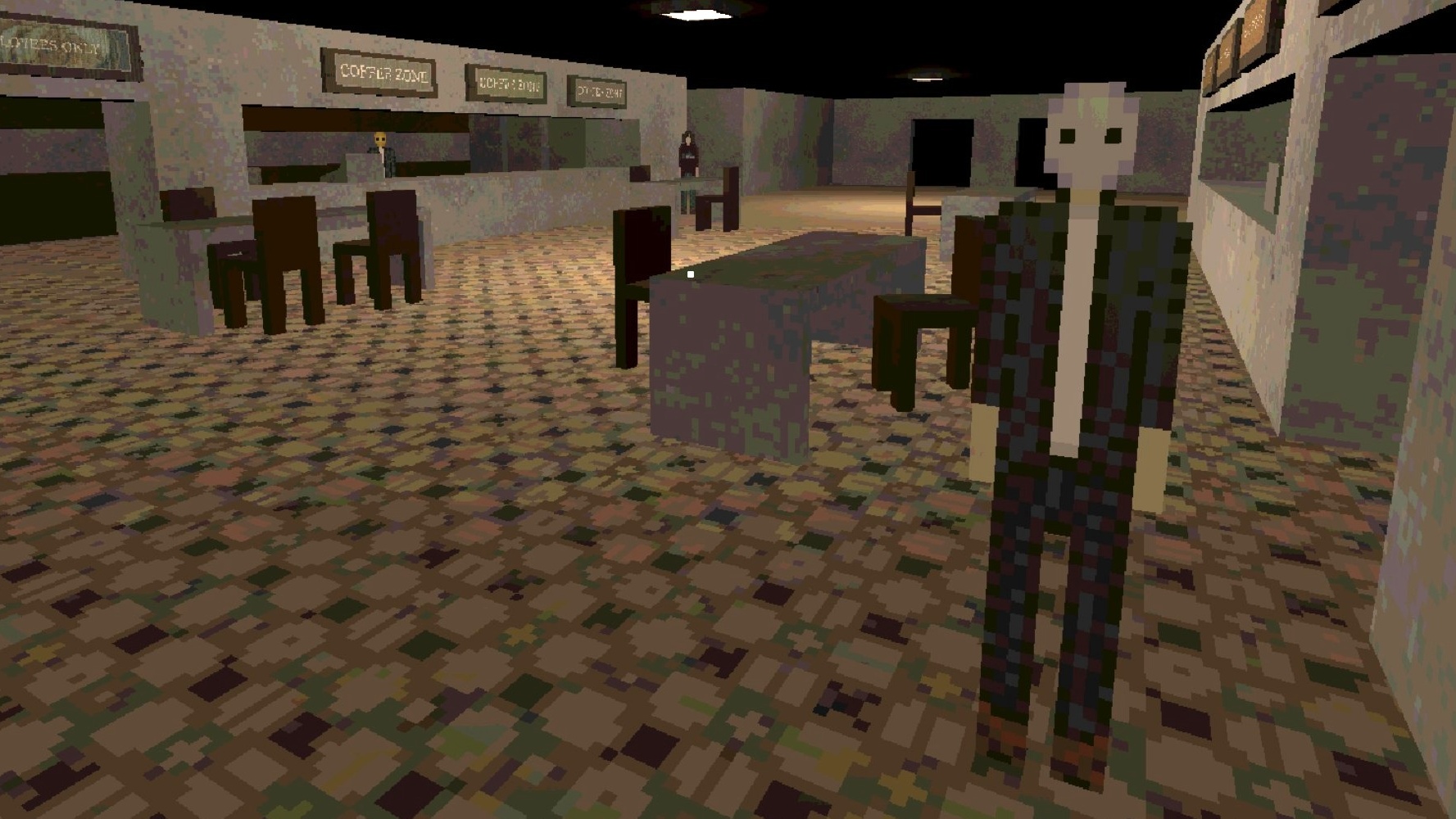
What could go wrong!
Billionaire Elon Musk has said that humans with his company’s Neuralink brain chip installed will be nailing 360 noscopes better than the pros within two years. Speaking on an episode of the Lex Fridman podcast (full transcript), Musk went on to make some even wilder claims about the tech: including the idea that Neuralink is going to have to speed up human brains so that AI doesn’t get “bored”.
Musk says that his idea about the “data rate” of humans came about while he was thinking about AI safety and the possible barriers to a positive human-AI convergence. “The low data rate of humans, especially our slow output rate, would diminish the link between humans and computers,” says Musk, before adding a rather unbelievable coda: “Let’s say you look at this plant or whatever, and hey, I’d really like to make that plant happy, but it’s not saying a lot.”
The human brain is the pinnacle of evolution and a computer that no Silicon Valley firm is even close to outperforming. We barely understand its complexity and capabilities. Comparing it to a plant… not for me.
Nevertheless Musk insists a major goal is to somehow increase the “output rate” of humans, i.e. how fast our brain is sending signals to the chip, and reckons there’s the potential to go “three, maybe six, maybe more orders of magnitude.” Just in case you feel like Musk is pulling these numbers out of thin air, he goes on to agree with Fridman’s suggestion that “hundreds of millions” will have Neuralinks within “the next couple of decades”.
Some of the stuff Musk is saying sounds to me like psychological torture. “Let’s say you can upload your memories, so you wouldn’t lose memories,” muses Musk, a scenario that sounds like it would drive you insane. Asked whether this is going to change the human experience, Musk says “yeah we would be something different. Some sort of futuristic cyborg… it’s not super far away, but 10-15 years, that kind of thing.”
It’s while talking about efficiency that Musk moves onto gaming, which has been a minor theme around Neuralink, presumably because most games have clearly defined metrics and win conditions that make for easy comparison points. In May Neuralink issued an update on its first patient to be implanted with the chip, Noland Arbaugh, who noted his increasing skills with the brain-computer interface in videogames: “I’m beating my friends in games that as a quadriplegic I should not be beating them in.”
“We feel pretty confident that I think maybe within the next year or two, that someone with a Neuralink implant will be able to outperform a pro gamer,” says Musk, in the context of the prior chat about speeding up our brains. “Because the reaction time would be faster.”
Amidst the cyber-promises, it’s perhaps worth reminding ourselves that Neuralink is something that undoubtedly has great medical potential and benefits for certain people. The company’s current focus is on the medical side and specifically what it may be able to do about damaged neurons, with a view to curing certain conditions that current medicine cannot.
“If they’ve got damaged neurons in their spinal cord, or neck, as is the case with our first two patients, then obviously the first order of business is solving fundamental neuron damage in a spinal cord, neck, or in the brain itself,” says Musk. “So, our second product is called Blindsight, which is to enable people who are completely blind, lost both eyes, or optic nerve, or just can’t see at all, to be able to see by directly triggering the neurons in the visual cortex.”
Musk can’t resist getting slightly tangential here, speculating Neuralink could one day “solve” schizophrenia, and that Blindsight could later be used to enhance normal human vision (“I think you get to higher resolution than human eyes… you could see ultraviolet, infrared, eagle vision, whatever you want”). There is unquestionably the potential for this tech to make a massive positive contribution to medicine, but it’s the science fiction stuff that really gets Musk going, and getting the risks of the technology down to a level where cyberpunk starts looking like a possibility.
“If you have thousands of people that have been using it for years and the risk is minimal, then perhaps at that point you could consider saying ‘OK, let’s aim for augmentation,'” says Musk. “So we’re not just aiming to give people the communication data rate equivalent to normal humans. We’re aiming to give people who [are] quadriplegic, or maybe have complete loss of the connection to the brain and body, a communication data rate that exceeds normal humans. While we’re in there, why not? Let’s give people superpowers.”
Neuralink is just one of Musk’s technological interests, with the billionaire also knee-deep in the AI wars and currently embroiled in a huge lawsuit against OpenAI. As well as that there’s SpaceX, Starlink, the rise of the Tesla Bots, and of course his incessant fascination with a platform he paid $45 billion for. Just imagine, one day Neuralink may well speed up Musk’s brain, and we could get six times the terrible memes per day.





